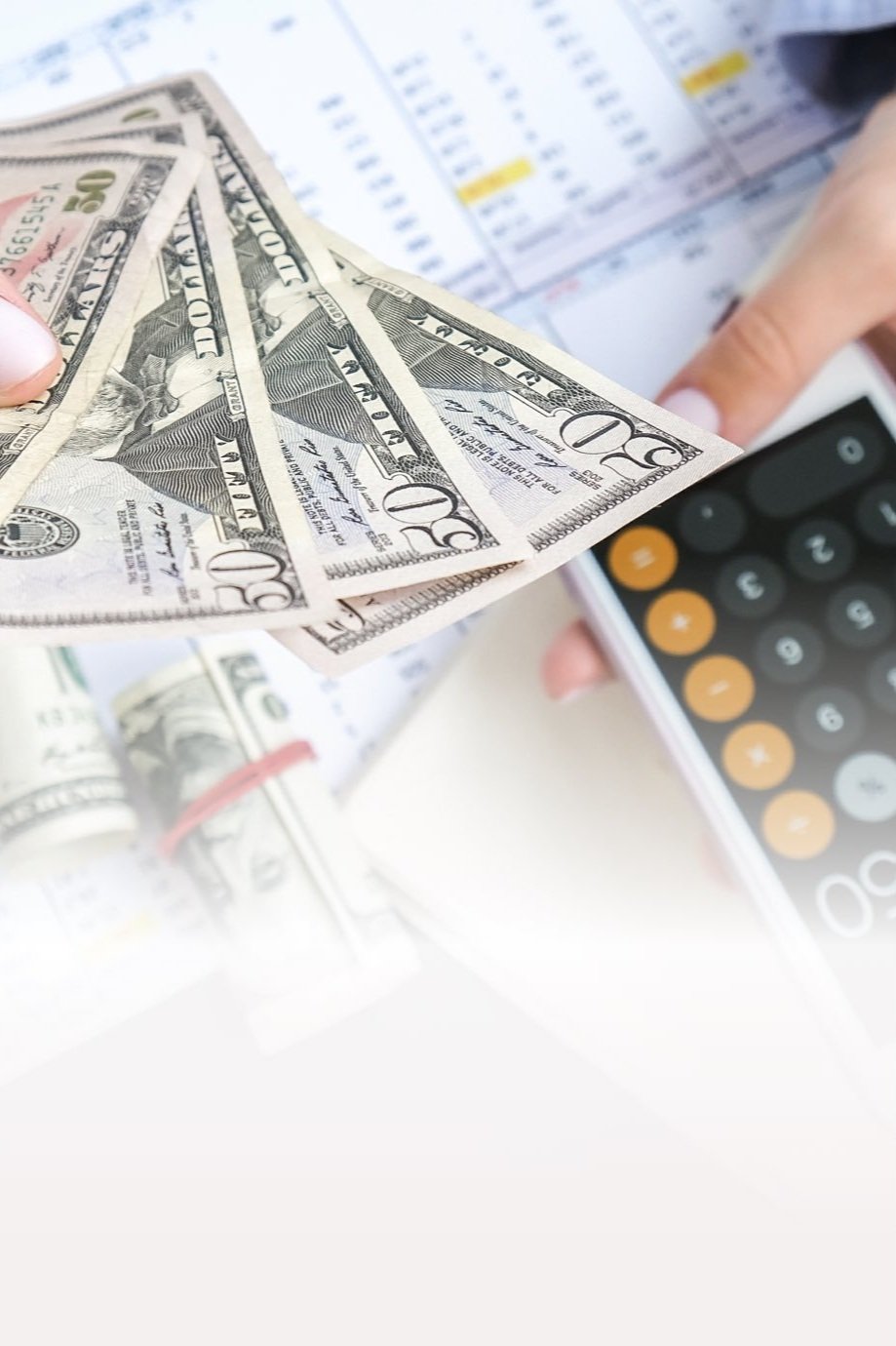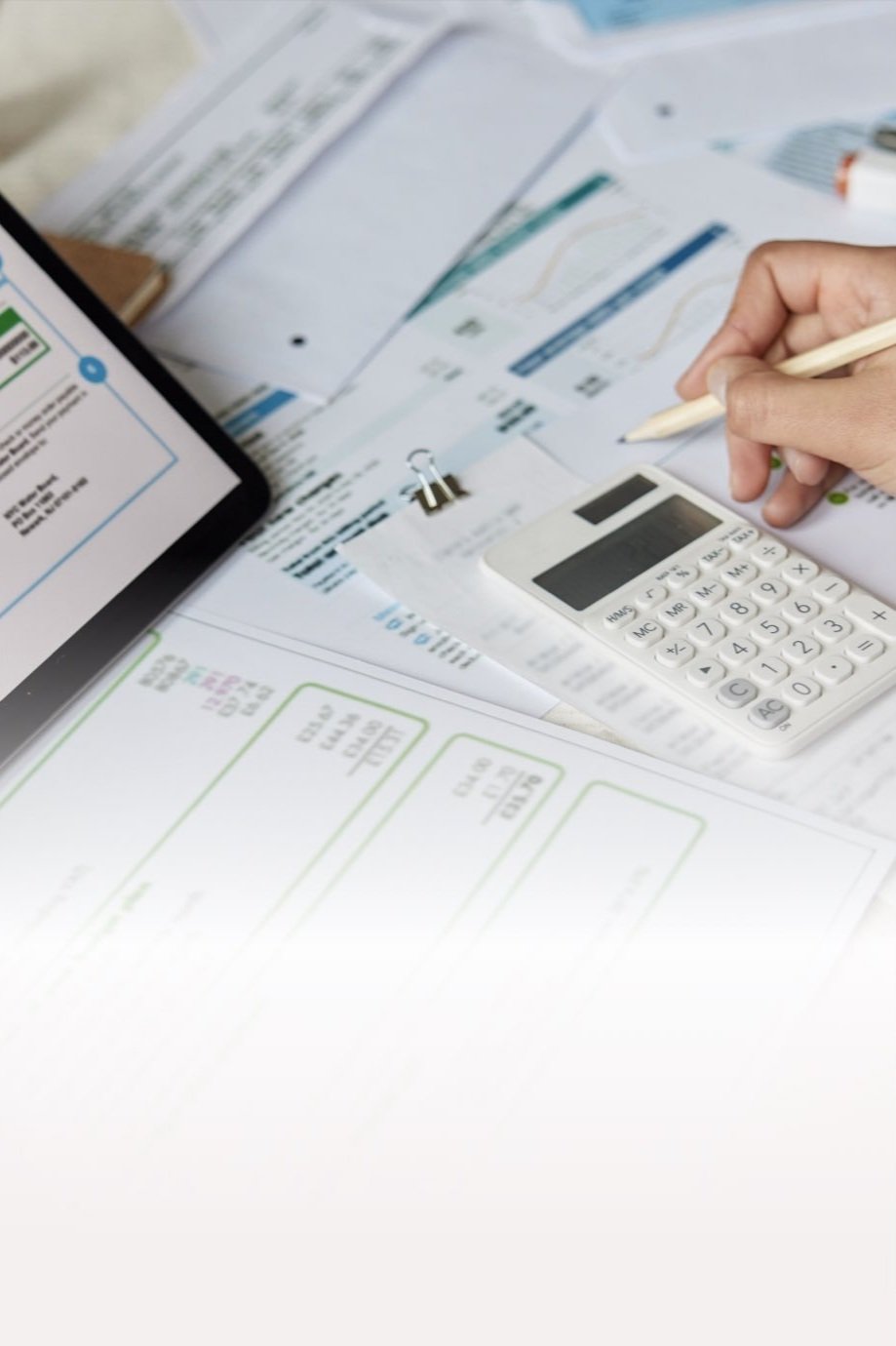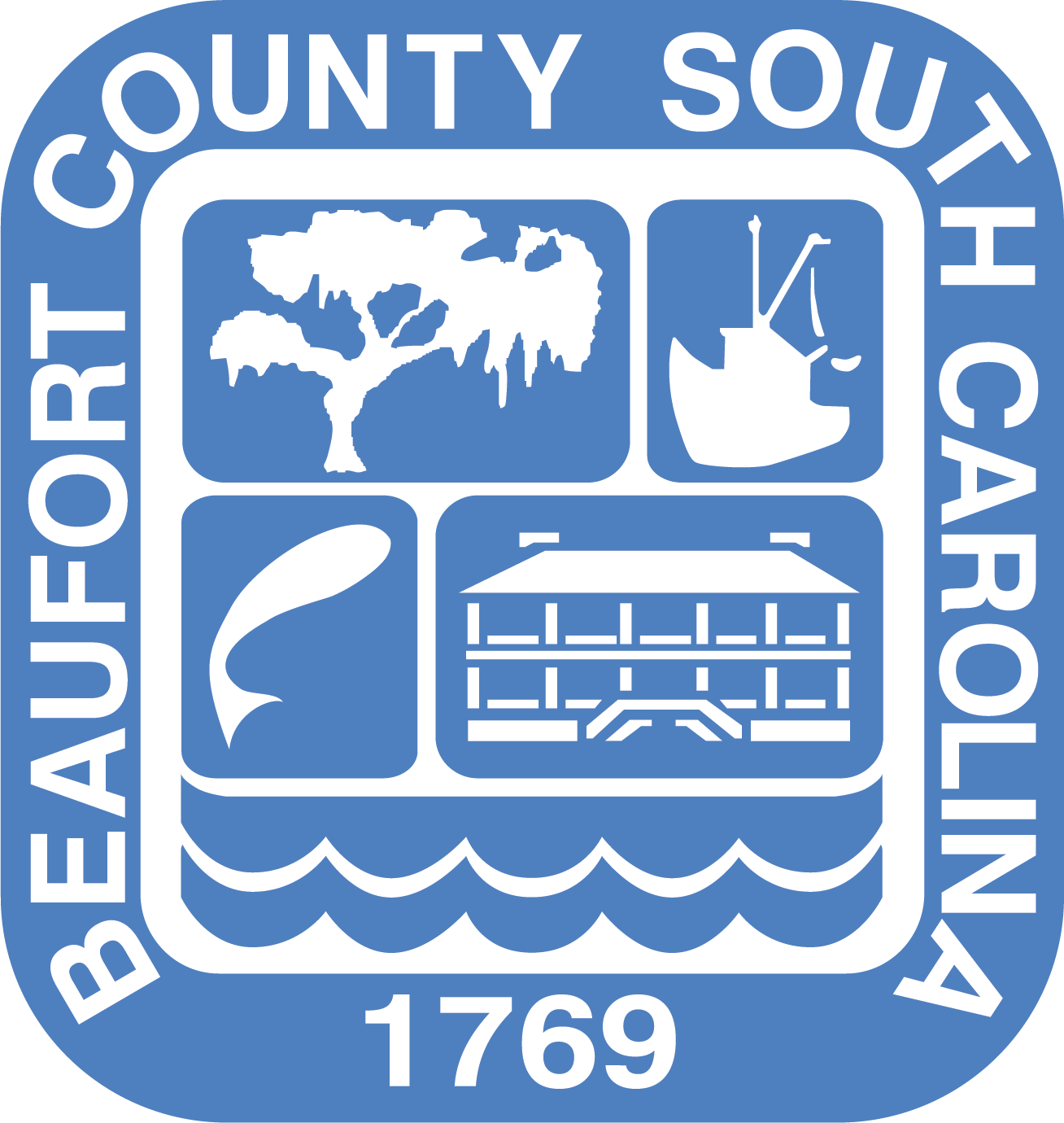Welcome to the Office of the Auditor of Beaufort, South Carolina
Responsible for the valuing of motor vehicles, watercrafts, and other personal property. Learn more about what we do below.







⇲
Help
Center
Have a question on your personal property? Please visit our Help Center so that we may better assist you.
⇲
⇲
⇲
Auditor’s
Office
Our department creates and assesses tax bills for personal property, such as motor vehicles, boats and rentals, and provides the Homestead Exemption application for senior citizens.


Treasurer’s
Office
Assessor’s Office


Tax notices, payments, and the issuing of paid tax receipts are managed by this department. They also handle the installment program, collection of delinquent taxes, and tax sale.
This department is responsible for managing the values and creating bills for real property, such as houses, land, and mobile homes. They also provide the Legal Residence (4%) Exemption application.
Our Mission
To serve the public through reliability, trustworthiness, and accuracy when assessing personal property and creating tax notices. Make critical decisions that affect our citizens by applying comprehension of state and local laws.
Helping to make measurable
and long lasting impact.
208K
Assess over 208K motor vehicles
60K
Assess over 60K personal property accounts
133K
Generate over 133K real property tax bills annually





